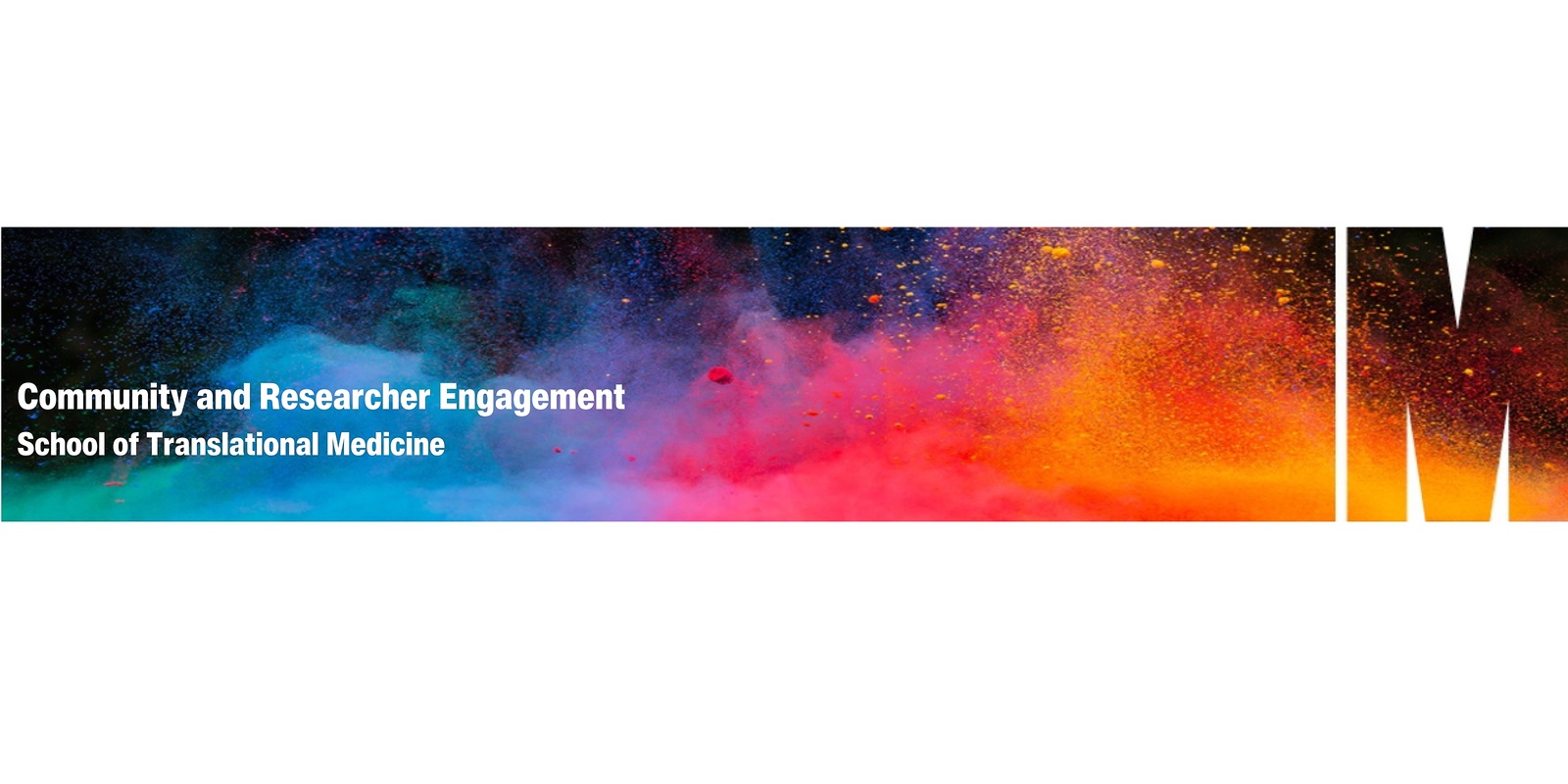The Brain Series: Epilepsy
Event description
***You can attend this event in person or join us virtually via Zoom***
Over 65 million people worldwide are living with epilepsy. Epilepsy is a neurological disorder characterised by recurrent seizures. Seizures, caused by disruption in electrical activity in the brain, can result in changes to sensation, awareness, behaviour or movement. The most common causes of epilepsy are head trauma, stroke, infection, genetics and congenital brain abnormalities. However, in approximately half of cases, the cause of the epilepsy will be unknown.
This seminar will provide an overview of the state-of-the-art treatments for epilepsy, including new medications, surgery, dietary therapy and neuromodulation. We will also highlight novel approaches at forefront research, including medical technologies, artificial intelligence, and human stem cells in personalising the approach to treatment. The inclusion of community members in the research team, and future opportunities for community engagement in epilepsy research will also be discussed.
Hear from our line-up of experts, including:
- Clinician, Professor Patrick Kwan: Patrick is a Professor of Neurology in the Department of Neuroscience within the School of Translational Medicine, and Co-Director of Monash Institute of Medical Engineering, a unique cross-faculty platform that provides support in the training, research and commercialisation of technological solutions for unmet clinical needs.
- Researcher, Dr Neha Kaul: Neha is an early-career, clinician-researcher specialising in neurosciences and critical care nutrition. She established and leads the dietary therapy for epilepsy program at Alfred Health.
- Lived experience community member, Chris Ewart: Chris is one of Monash’s Persons With lived Experience of Epilepsy (PWE). Given Chris’ own experience with medications over the past 30 years, he is particularly interested in studies looking at the impact of epilepsy medications on the lives of those taking them, including the potential side effects.
Your support will help us expand our research efforts and create a positive impact on our community. Join us in making a difference by contributing to this important community engagement program: Make a donation
Please be advised that this event may be recorded or photographs taken which may be used after the event on the STM CaRE website or on other marketing materials and platforms. Please notify us if you do not consent to us recording or photographing you and using your image and likeness as mentioned.
Tickets for good, not greed Humanitix dedicates 100% of profits from booking fees to charity

